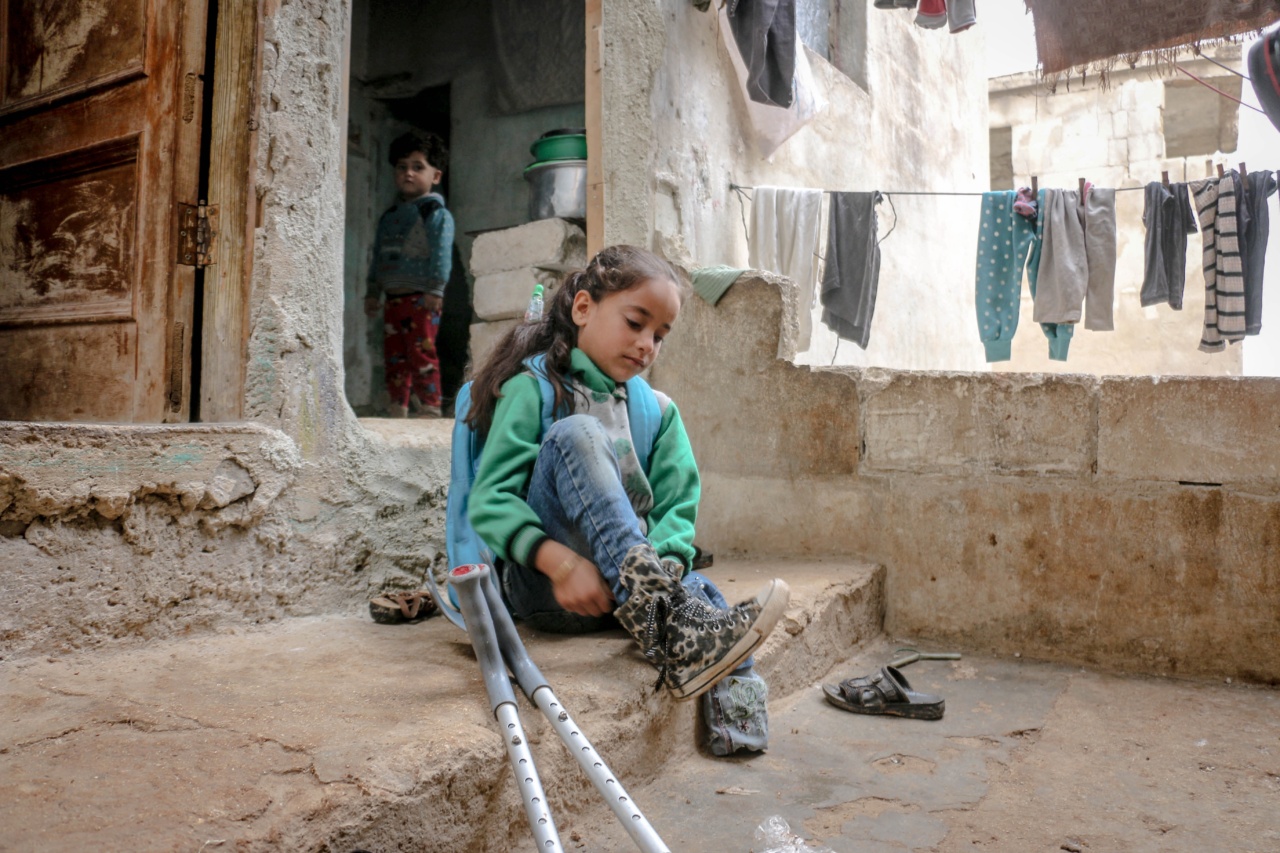Sleep is vital for the overall growth and development of children. It plays a crucial role in their physical, mental, and emotional well-being.
However, many parents underestimate the importance of a good night’s sleep for their child and inadvertently neglect this fundamental aspect of their health. This can have severe consequences, including an increased risk of depression and behavioral issues.
The Link Between Sleep and Depression
A lack of sufficient sleep can contribute to the development of depression in children. Research has shown that sleep deprivation alters the brain’s functioning and affects mood regulation.
When children do not get enough sleep, it can disrupt their emotional stability and make them more prone to experiencing feelings of sadness, hopelessness, and irritability. Over time, these symptoms can escalate into full-blown depression.
The Impact of Sleep on Behavioral Issues
Insufficient or poor-quality sleep can significantly impact a child’s behavior. When children do not get enough sleep, they are more likely to exhibit hyperactivity, impulsivity, and difficulty concentrating.
These symptoms are often misdiagnosed as attention deficit hyperactivity disorder (ADHD) or other behavioral disorders. In reality, addressing the sleep issues can lead to a significant improvement in a child’s behavior.
The Role of Sleep in Cognitive Function
Sleep is essential for optimal cognitive function in children. It is during sleep that the brain consolidates and processes information gathered throughout the day.
Sufficient sleep enhances memory, attention, problem-solving skills, and creativity in children. Without adequate sleep, children may struggle with learning, academic performance, and cognitive development.
Establishing Healthy Sleep Habits
As parents, it is crucial to prioritize and encourage healthy sleep habits in children from an early age. Here are some strategies that can help:.
1. Consistent Bedtime
Set a consistent bedtime and adhere to it, even on weekends. A routine helps regulate your child’s internal clock and ensures they get enough sleep each night.
2. Create a Restful Environment
Create a peaceful and comfortable sleep environment for your child. Keep the bedroom dark, quiet, and at a cool temperature. Remove distractions such as electronic devices, and consider using white noise or soothing music to promote relaxation.
3. Limit Stimulants
Reduce your child’s intake of stimulants, such as caffeine and sugary foods, especially closer to bedtime. These can interfere with their ability to fall asleep and stay asleep.
4. Establish a Bedtime Routine
A consistent bedtime routine signals to your child that it is time to wind down and prepare for sleep. This routine can include activities such as reading a book, taking a warm bath, or practicing relaxation techniques.
5. Encourage Physical Activity
Promote regular physical activity during the day, as it can help tire your child and improve their sleep quality.
However, make sure they engage in physical activity earlier in the day, as exercising close to bedtime can make it harder for them to fall asleep.
6. Set Limits on Screen Time
Excessive screen time, especially before bed, can interfere with your child’s ability to fall asleep. Establish clear limits on screen time and encourage them to engage in screen-free activities in the hour leading up to bedtime.
7. Monitor Sleep Duration
It is essential to ensure that your child is getting the recommended amount of sleep for their age group. While individual sleep needs may vary, the American Academy of Sleep Medicine suggests the following guidelines:.
- Infants (4-12 months): 12-16 hours
- Toddlers (1-2 years): 11-14 hours
- Preschoolers (3-5 years): 10-13 hours
- School-age children (6-12 years): 9-12 hours
- Teens (13-18 years): 8-10 hours
The Importance of Seeking Professional Help
If despite following these strategies, your child continues to face sleep issues or displays signs of depression or behavioral problems, it is crucial to seek professional help.
A pediatrician or sleep specialist can evaluate your child’s sleep patterns and provide appropriate guidance and treatment if necessary.
Conclusion
Don’t neglect your child’s sleep – it could lead to depression and behavioral issues. Adequate and quality sleep is integral to a child’s overall health and well-being.
As parents, it is our responsibility to prioritize and establish healthy sleep habits for our children. By doing so, we can significantly reduce the risk of depression and behavioral issues and set them on a path towards a healthier and happier life.































